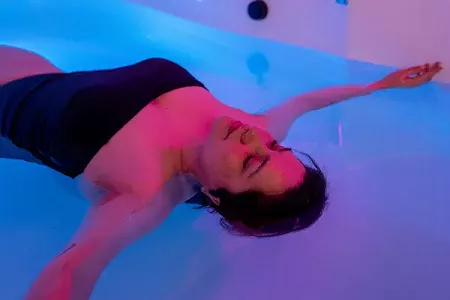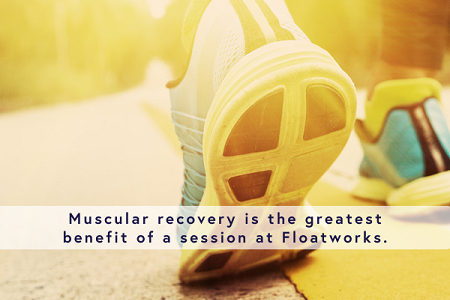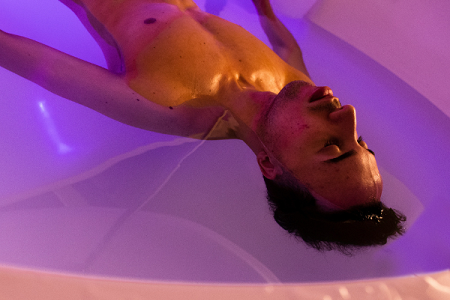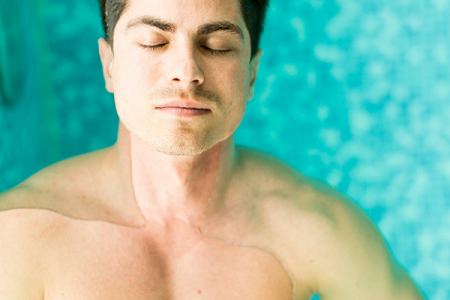Having trouble sleeping? Floating can help!
If you suffer from insomnia, or even if you’re just a light sleeper, floating can help you drift off at night…

Try as we might, sometimes sleep just doesn’t come. Even the deepest sleepers among us have sleepless nights, and we’ve all been there an hour after our intended bedtime, mind racing a mile a minute, processing everything that’s just happened in the day.
For London-based graphic designer and newly-qualified personal trainer Bethany Duckworth, floating has been the difference between tossing and turning for hours and having a deep, fully recharging night between the sheets.
Through a course of sessions with us here in Vauxhall, Bethany managed to get herself into a more regular sleeping pattern, as she explains.
“I’ve always been a very light sleeper,” Bethany tells us on a rare bit of Sunday downtime. “I find it very hard to switch off. When I get into bed, that’s when I download from the day, and drive myself crazy thinking about things and never actually get off to sleep. Or when I do get to sleep, I don’t have a deep sleep. The night I come home after a float, I definitely sleep really deeply, and then I noticed during the week afterwards, I continue to get deeper nights’ sleep.”
It’s not just about drifting off, though. For Bethany, floating ensures a deep, consistent sleep throughout the night… even if it does make it a bit harder to get up in the morning!
“I normally get up really early for the gym every morning, and I never used to have a problem getting up when my alarm went off. The week after a float my body is like, ‘No!’ I think it shows my body needed to slow down and floating helps with that.”
So why exactly does floating have such a magical effect on our sleeping?
Well, a lot of it goes back to our old friends the Epsom Salts. The high concentration of magnesium sulphates in the water of a floatation tank helps regulate some important minerals in the body like calcium, potassium and sodium – all putting yourself in a better position to nod off when the head hits the pillow.
More importantly, though, it’s the very lack of stimulus from our environment while in the float tank that helps us drift off easier at night. Recent research has shown – through the use of MRI scans on patients pre-and-post-float – that the brain’s ‘salience network’ (i.e. the systems used to respond to changes in our environment) is effectively switched off after a float. When the salience network is firing on all cylinders, it’s producing a constant supply of the stress hormone, cortisol. So essentially, less stimulus translates to less brain activity and less cortisol being produced… all in aid of a good night’s sleep!
As Bethany puts it though, sometimes it’s just being able to properly switch off from the bustle of the world around us that helps us get down to post-float snooze.
“For me, it’s about having an opportunity to switch off from everything,” Bethany concludes. “It is total sensory deprivation – you’re in the middle of central London, and you can just completely shut off. I don’t ever do that, I’ve always got my phone in my hand, I’m always on my laptop, I never just switch off. After I float, I don’t look at my phone for the rest of the evening. I try not to stimulate my brain again so I’m all set to get to bed.”
We’ll have to try that, Bethany!
If you’re having trouble sleeping, why not book yourself a float and see what it can do? Or just feel free to pop in and have a chat with us here in Vauxhall ☺










